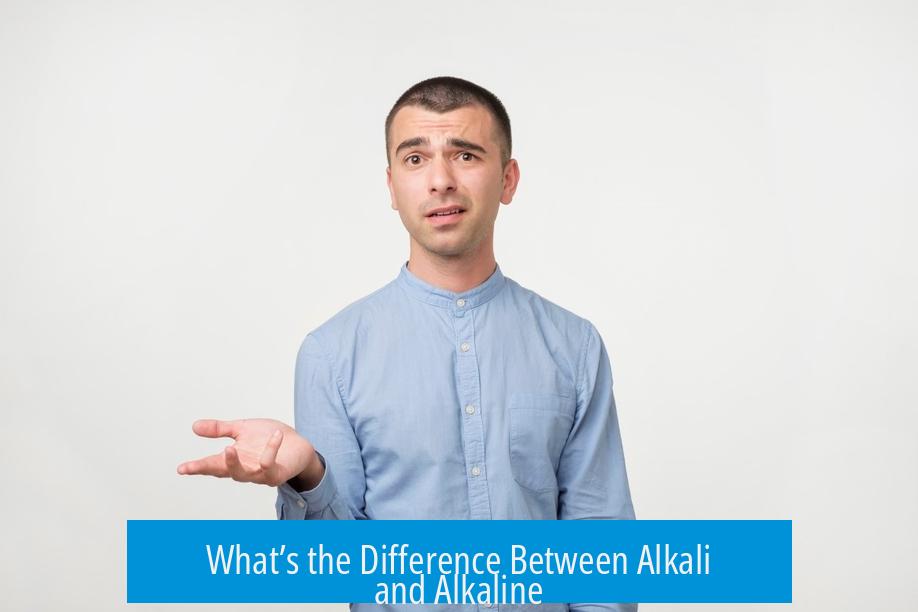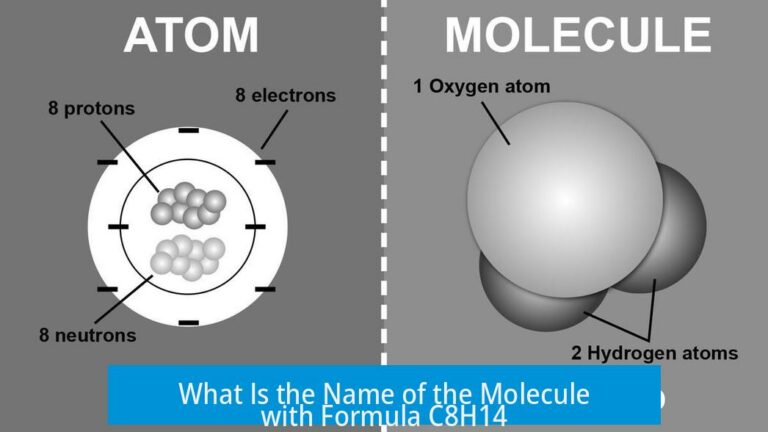What’s the Difference Between Alkali and Alkaline?
 Alkali is a noun referring to certain metals or their compounds, while alkaline is an adjective describing something with a basic pH above 7. Both terms relate to bases in chemistry, but their meanings and usage differ significantly.
Alkali is a noun referring to certain metals or their compounds, while alkaline is an adjective describing something with a basic pH above 7. Both terms relate to bases in chemistry, but their meanings and usage differ significantly.
Alkali: A Noun Describing Certain Metals and Their Bases

Alkali refers specifically to a group of metals in the periodic table known as the alkali metals. These include lithium, sodium, potassium, and others. They share similar chemical properties due to their single valence electron, which they readily lose to form positive ions (cations).
Many alkali compounds are bases and form alkali solutions when dissolved in water. Common examples include sodium hydroxide (NaOH) and potassium hydroxide (KOH). These compounds are strongly basic and often used in industrial applications.
Alkaline: An Adjective Describing Basic pH
Alkaline describes the condition or quality of a substance having a pH greater than 7, meaning it is basic rather than acidic. For example, water becomes alkaline when alkali substances dissolve into it, increasing the concentration of hydroxide ions (OH−).
An alkaline solution can result from the hydrolysis of salts prepared by combining a weak acid and a strong base or alkali. This causes the solution to have a higher pH, exhibiting alkaline properties.
Summary of Differences
- Alkali is a noun denoting specific metals or their basic compounds.
- Alkaline is an adjective that describes substances or solutions with pH above 7.
- Alkali metals form alkali compounds, often responsible for alkaline conditions.
- Alkaline is a broad descriptive term for the chemical nature of a solution or material.
Key Takeaways
- “Alkali” names metals like sodium or potassium and their basic salts.
- “Alkaline” describes substances with a basic pH above 7.
- Alkali compounds cause solutions to become alkaline.
- The terms differ in grammatical role: noun vs. adjective.
What is the main grammatical difference between alkali and alkaline?
Alkali is a noun. Alkaline is an adjective. For example, you can say “alkali is added” or “water is alkaline.”
How do alkali metals relate to alkaline substances?
Alkali metals are elements found in a specific group on the periodic table. Their compounds, like sodium hydroxide, create alkaline solutions with pH above 7.
Can a solution be alkaline without containing alkali metals?
Yes. Alkaline describes pH above 7. It can result from bases not necessarily involving alkali metals.
Why is water called alkaline when alkali is added?
Adding alkali substances like sodium hydroxide increases the pH, making water alkaline, meaning basic rather than acidic.
Are all alkali metal compounds alkaline?
Most alkali metal compounds are bases and create alkaline solutions, but not all compounds strictly behave as bases in every context.





Leave a Comment